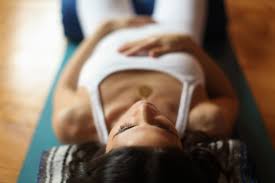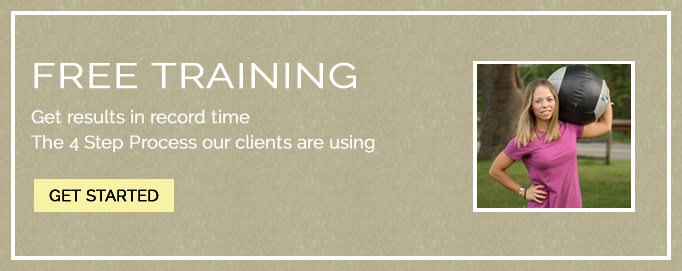As we approach the end of summer and we begin to feel the effects of the stress from our busy summer schedules.
Read on to learn how to counter balance stress with the healing medicine: relaxation.

Stress affects the autonomic nervous system also known as our unconscious nervous system. The autonomic nervous controls the heart, blood vessels, digestive system, breathing, salivation and sweating. Although this aspect of the nervous system is not under our conscious control, our state of mind determines how efficiently it runs.
Symptoms that arise in the body can be connected to any tension going on in life. The autonomic nervous system breaks up into 3 parts. The two parts we are concerned with are sympathetic and parasympathetic nervous system.

The sympathetic nervous system functions to respond in action to quick responses (fight or flight) where the parasympathetic nervous system regulates actions that do not require a quick response (rest and digest). Chronic activation of fight or flight impairs health greatly.
The medical community has ignored the role of stress on our nervous system and how it is the cause of disease in the body. In 1964 Dr. Hans Seyle was awarded the Novel Prize for his work on linking the body’s reaction to stress and ALL disease.
According to Seyle, once stress occurs in the body produces an alarm and reaction. If the stress is minor we may not even notice our body’s response to it. If the stress continues the body will move from the alarm and reaction to the adaptation phase. This continues until the body finally goes into exhaustion. It is at this final stage of exhaustion where symptoms appear.
Hormones are controlled and secreted when we are relaxed or under stress. A stressful situation can cause a cascade of stress hormones to produce physiological changes. A relaxing situation can release endorphins and other hormones that bring our body back to homeostasis.
Managing our stress levels can be difficult, but there is a way to counter balance stress and that is to spend more time in the parasympathetic nervous system (relaxation response).
There is no single way that works for everyone. It may take some practice to find a method that works for you.
Contrary to what many people believe, relaxation does not mean doing nothing. Watching TV, reading, listening to music are distracting activities. The relaxation response is a different state (different than sleep too). The most common methods used are deep breathing, yoga and meditation.

Within minutes of eliciting the relaxation response:
• Slowed brain wave patterns
• Your heart beats slower and your muscles relax
• Your breathing becomes slower
• Your blood pressure decreases
• Your levels of nitric oxide are increased
TIps for fitting the Relaxation Response into your life:
• Schedule a set time to practice each day.
• Practice relaxation techniques while you’re doing other things. Meditate while waiting in line or while doing housework.
• If you exercise, improve the relaxation benefits by adopting mindfulness. Instead of zoning out or staring at a TV as you exercise, try focusing your attention on your body.
If you are ready to counter balance your stress and feel healthier than it is time to begin a relaxation practice!
Yours in health,
Nicole

